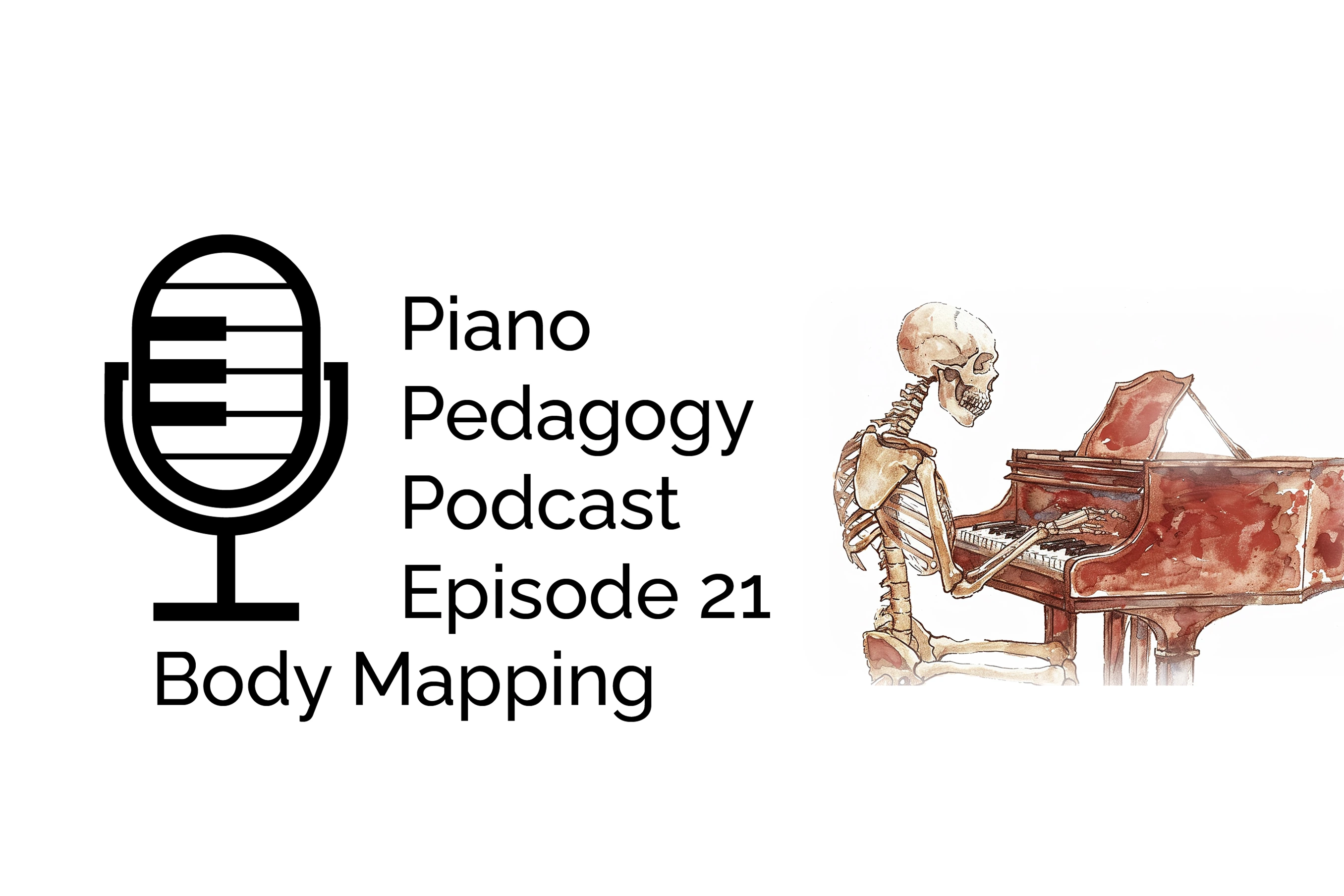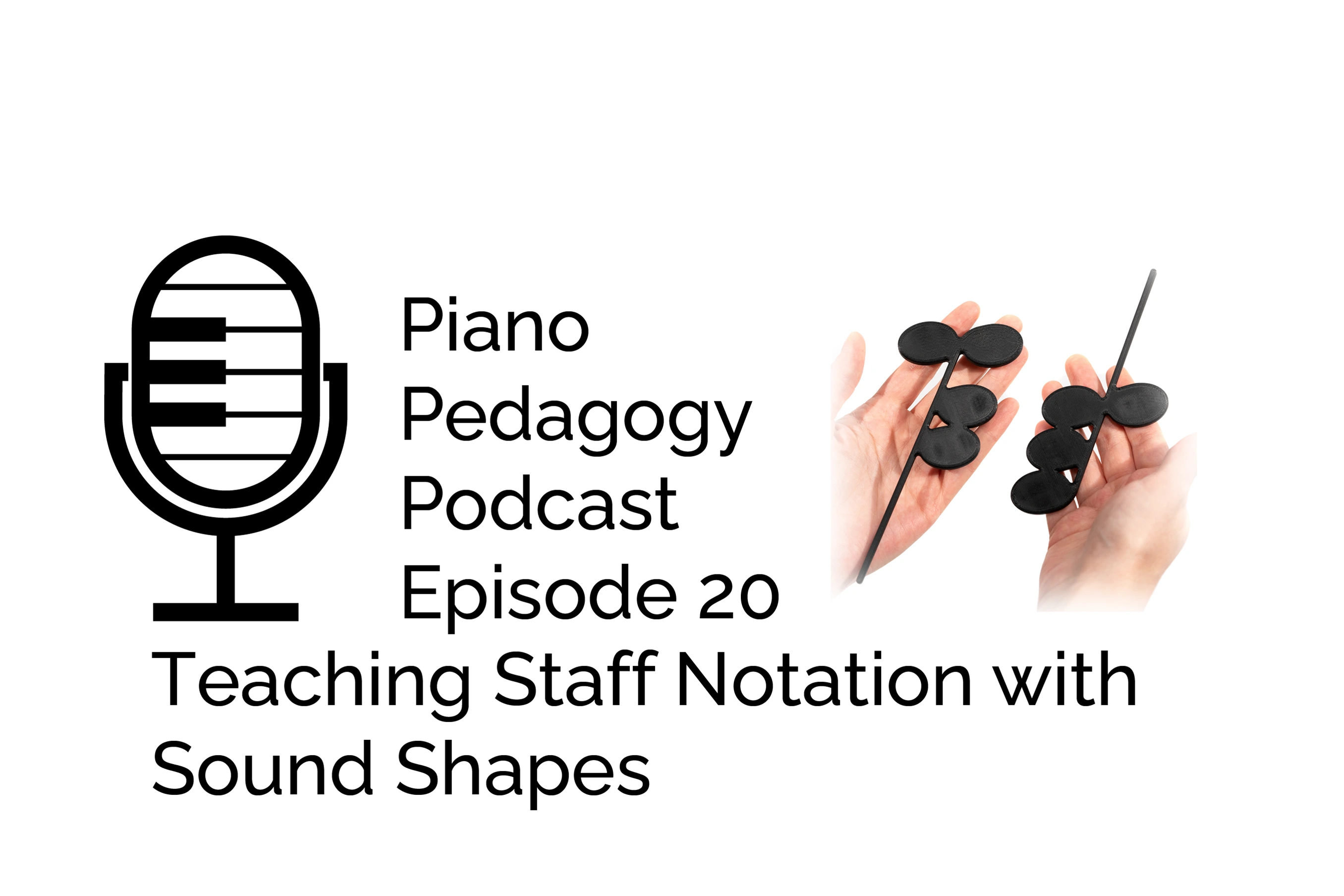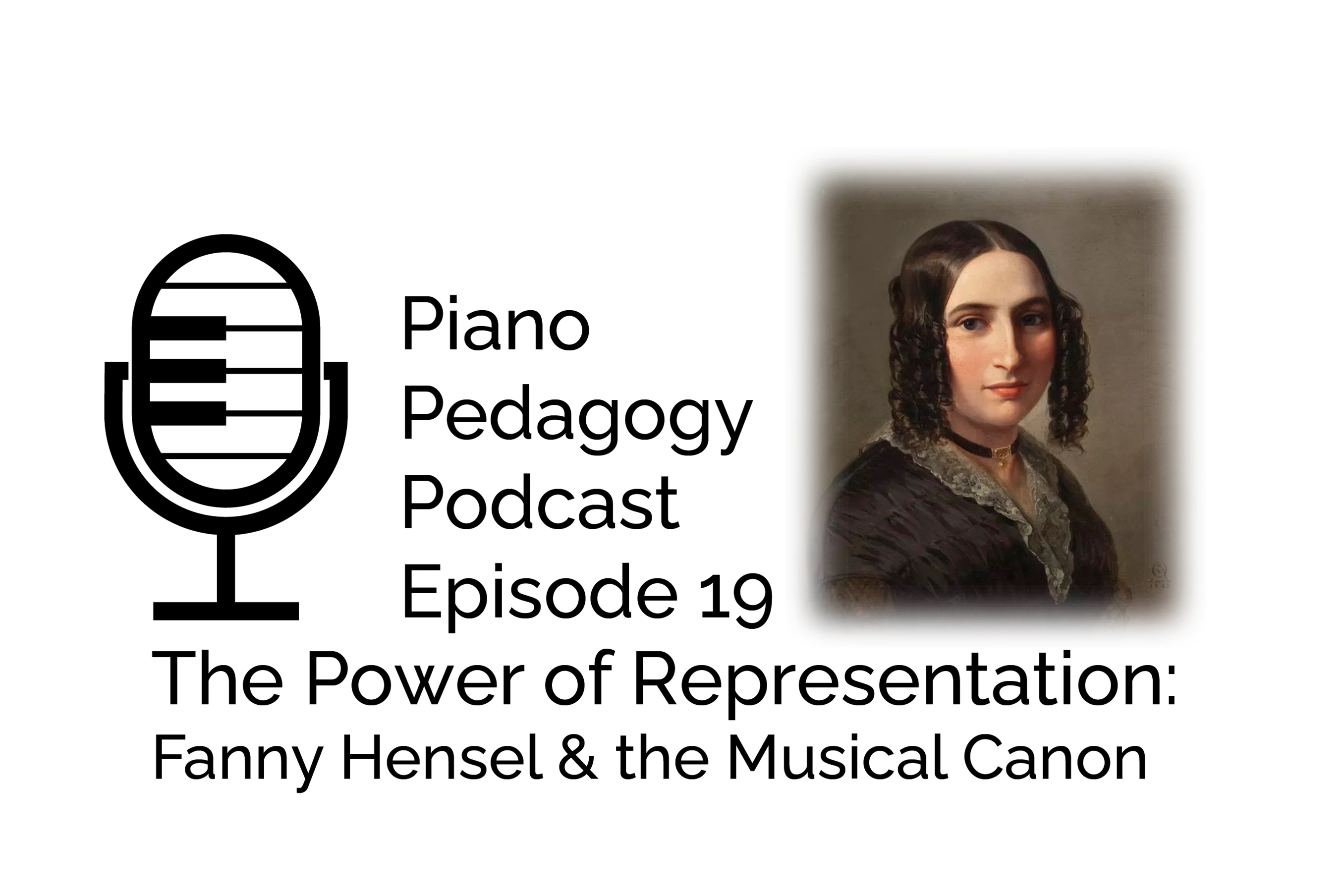Perceived Value: How much you can charge as a music teacher

When asking yourself how much you can charge, an important factor to consider is your perceived value. To fully understand what perceived value is and how it affects your music studio, think back to products you've purchased and services you've paid for.
Have you ever noticed that when you purchase something that comes in a glass container instead of plastic, somehow, it just feels better? Have you ever purchased something that came in a really nice box? When you go somewhere to buy something really expensive, like a car or a house, did they offer you a bottle of water? These are examples of factors that affect perceived value. Simply put, the perceived value of a product or service affects how much consumers are willing to spend for it.
Like any other service, music teachers and our studios also have perceived value. When you ask yourself how much you should charge for your lessons, you need to first examine your perceived value. For music teachers, the factors which contribute to our perceived value can be separated into three categories: qualifications, offerings, and environmental
Qualifications
Qualifications refer to how capable a teacher is. Degrees, certificates, and professional memberships are all examples of qualifications. Consider the following three teachers.
Rebecca is a young teacher with two years experience under her belt. She doesn't possess a degree, and isn't involved with any professional organizations. Previously, she was the organist at a small church for several years.
Andrew is a middle-aged teacher who has been teaching for fifteen years. He has a bachelors of music in piano performance from a small college. He has published several small books and has spoken at music teacher conventions. He is the former vice president of a local chapter of a music teachers organization, and has previously served as the president of that chapter.
Elisa is an older teacher who has been teaching for thirty years. She has a masters degree from a well-known university. In addition to her private studio, she also chairs the piano department at a well-respected state university, where she is also the head of a musical honor society. She regularly performs recitals, presents at conventions, teaches masterclasses, and publishes in academic journals.
Someone looking for a piano teacher would likely conclude that Alison is the most qualified teacher out of the three, and be willing to pay more for lessons with her than they would Rebecca or Andrew.
Offerings
Offerings encompass what a teacher offers as part of their program. Consider the following programs, each run by the teachers from our previous example.
Rebecca's program includes a private lesson each week and a group performance class once a month. She covers the basics, but also has a composer of the month where she posts clues on her studio facebook page, which her students use to figure out who the composer. She does a raffle with the correct guesses, and the winner gets a candy bar. She hosts two recitals a year.
Andrew's program includes a private lesson each week with the teacher. In his lessons, Andrew covers the basics by using a method book. Once a year, he hosts a recital.
Elisa's program includes a private lesson each week and a group performance class once a month. On top of the basics, she teaches all her students how to compose. She hosts two recitals a year, and students can also visit a local assisted living facility to perform a few times a year. A big part of her program is taking her students to participate in competitions.
Someone looking for a piano teacher would likely conclude that Rebecca and Elisa have better programs than Andrew does.
Environmental
Environmental factors are all of the things about where the lessons are being taught. Let's look at where the three teachers from the previous example teach their lessons.
Rebecca teaches out of her home, where she set aside a large room to be her studio. In it, she has two grand pianos. She uses one to demonstrate, and the other one is for her students. Her home is older and in need of maintenance. Her front yard isn't well-kept, but she has a small sign on her front door with the name of her studio. She's done her best to decorate her studio with music-themed art, and has a comfortable sitting space set aside for parents to sit in during their child's lessons. She uses many different teaching aids to assist in her teaching.
Andrew teaches out of his home, where he uses an upright piano in his living room. His front yard is well-taken care of, and his house is kept in good shape. There isn't a dedicated place for parents to sit, so they sit at his dining room table during their child's lessons.
Since Elisa is the head of the piano department, she teaches her private lessons at the university she works at. She uses the same room she teaches her college students in to teach her private lessons. It's sparsely decorated and not very comfortable. The parents of her students have to pay for parking each time they come for a lesson, and parking isn't always easy to find.
Conclusion
When you combine the qualifications, offerings, and environmental factors together, you get a more complete picture of the perceived value of each of the three teachers and their studios. Would you be willing to overlook Rebecca's lack of qualifications because of how much she offers? Is Andrew's experience enough to overlook that his program doesn't offer much, and that he has no dedicated space for his lessons? How would you feel about having to pay for parking to attend each of your lessons with Elisa?
When you examine yourself and your studio, keep in mind that some of these things are easier to change than others. It's pretty obvious that moving from your living room piano to a commercial building isn't very realistic. However, you could add some music themed decorations, upgrade your instrument, join a professional organization, offer new performance opportunities, or create a dedicated space for your studio within your home.
Are you interested in learning more? Check out our coaching options and start your Defined Music Teacher journey today!


